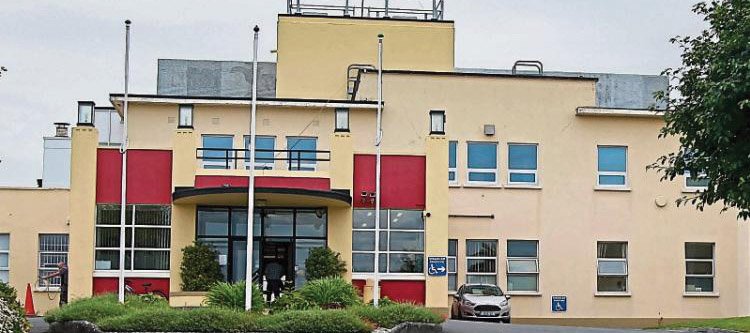The processing of authorisations to call patients from waiting lists to offer them treatment funded by the National Treatment Purchase Fund (NTPF) can be slow as a result of administrative shortages in hospitals, a meeting between the Fund, HSE and Department of Health heard last year.
These clinical authorisation notices (CANs) are issued by the NTPF to public hospitals.
“The HSE and the NTPF advised that the processing of CANs can at hospital level be slow due to admin staff shortages,” according to the minutes of the scheduled/unscheduled care governance meeting from September.
As a result of the problem, the HSE and the NTPF were to look at areas where CANs processing was particularly slow and report back to the group.
The issue was discussed in relation to inpatient/day case action plan targets.
Also in relation to the action plan, the NTPF advised that it remained on target to treat 20,000 patients.
However, the provision of additional procedures under the plan “will be more of a challenge”, according to the minutes.
The HSE also advised that further engagement was needed between the Department, HSE, and NTPF to identify a long-term sustainable funding model for the proposed cataract unit in Nenagh General Hospital.
The unit subsequently opened in November 2018, but was initially operational for only one day a week.
This has increased to four days a week, it is understood.
Also discussed at the meeting were the arrangements for a dynamic purchasing system (DPS) to be put in place by the HSE.
“Mini-tenders will issue shortly with the aim of drawing up a framework for hospitals to invite proposals to have external providers use latent capacity in public hospitals,” according to the minutes.
The HSE went to tender for the DPS at the beginning of this year.
It is anticipated that a broad range of services may be required under this DPS across multiple clinical specialties and diagnostic services.













Leave a Reply
You must be logged in to post a comment.